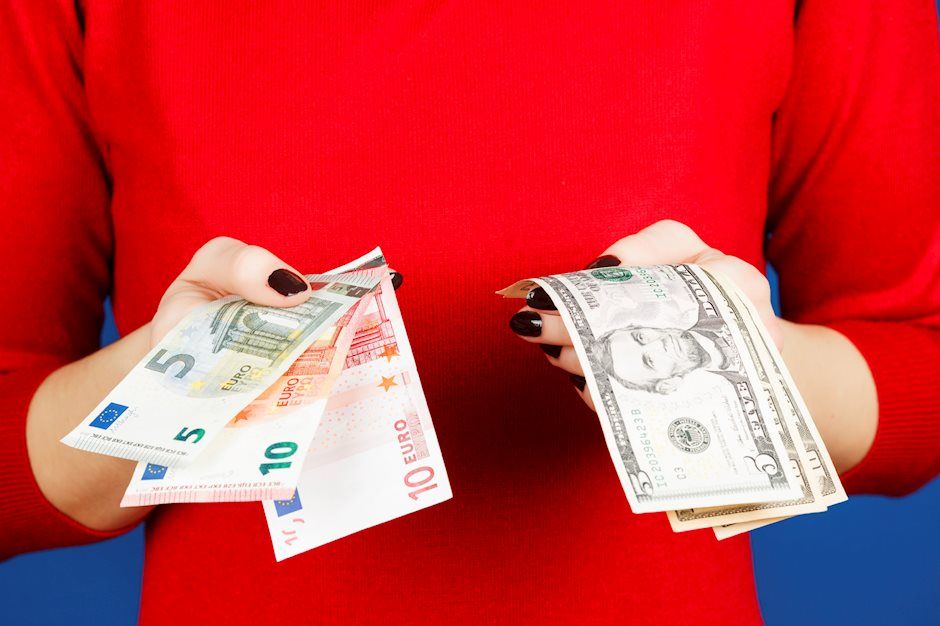EUR/USD weakens below 1.0850 as the leftist New Popular Front leads exit poll in French election
- EUR/USD loses ground around 1.0830 in Monday’s early Asian session.
- Polls suggested the final round of the French parliamentary elections pointed to a hung parliament, weighing on the Euro.
- Employment growth in the United States slowed in June.

The EUR/USD pair trades on a weaker note near 1.0830 on Monday during the early Asian trading hours. The political uncertainty in France after the second voting round of French parliamentary elections on Sunday exerts some selling pressure on the Euro (EUR). Later on Monday, the Eurozone Sentix Investor Confidence for July will be released.
According to the Economist, exit polls indicated that the left-wing New Popular Front (NFP), led by Jean-Luc Mélenchon, seems to be on track to win the most seats in the second voting round of French parliamentary elections on Sunday. The NFP had secured at least 174 seats.
However, this would still be far short of the 289 seats needed to control the lower house. Meanwhile, President Emmanuel Macron’s centrist Ensemble alliance won 146 seats and Le Pen’s party was pushed into third place, winning some 142 seats. The shared currency has attracted some sellers after exit polls suggested the final round of the French parliamentary elections pointed to a hung parliament.
Across the pond, the rising odds of the US Federal Reserve (Fed) after the slow growth of US employment data might drag the Greenback lower and cap the pair’s downside. Data released by the US Bureau of Labor Statistics (BLS) showed that US Nonfarm Payrolls (NFP) rose 206K in June, followed by a 218K rise (revised from 272K) in May. This figure came in stronger than the estimation of 190,000.
Furthermore, the Unemployment Rate edged higher to 4.1% in June from 4% in May. The Average Hourly Earnings declined to 3.9% YoY in June from the previous reading of 4.1%, matching the market expectation. Traders will take more cues from the US Consumer Price Index (CPI) inflation on Wednesday for fresh impetus, which is expected to ease to 3.1% YoY in June from 3.3% in May.
Euro FAQs
The Euro is the currency for the 20 European Union countries that belong to the Eurozone. It is the second most heavily traded currency in the world behind the US Dollar. In 2022, it accounted for 31% of all foreign exchange transactions, with an average daily turnover of over $2.2 trillion a day. EUR/USD is the most heavily traded currency pair in the world, accounting for an estimated 30% off all transactions, followed by EUR/JPY (4%), EUR/GBP (3%) and EUR/AUD (2%).
The European Central Bank (ECB) in Frankfurt, Germany, is the reserve bank for the Eurozone. The ECB sets interest rates and manages monetary policy. The ECB’s primary mandate is to maintain price stability, which means either controlling inflation or stimulating growth. Its primary tool is the raising or lowering of interest rates. Relatively high interest rates – or the expectation of higher rates – will usually benefit the Euro and vice versa. The ECB Governing Council makes monetary policy decisions at meetings held eight times a year. Decisions are made by heads of the Eurozone national banks and six permanent members, including the President of the ECB, Christine Lagarde.
Eurozone inflation data, measured by the Harmonized Index of Consumer Prices (HICP), is an important econometric for the Euro. If inflation rises more than expected, especially if above the ECB’s 2% target, it obliges the ECB to raise interest rates to bring it back under control. Relatively high interest rates compared to its counterparts will usually benefit the Euro, as it makes the region more attractive as a place for global investors to park their money.
Data releases gauge the health of the economy and can impact on the Euro. Indicators such as GDP, Manufacturing and Services PMIs, employment, and consumer sentiment surveys can all influence the direction of the single currency. A strong economy is good for the Euro. Not only does it attract more foreign investment but it may encourage the ECB to put up interest rates, which will directly strengthen the Euro. Otherwise, if economic data is weak, the Euro is likely to fall. Economic data for the four largest economies in the euro area (Germany, France, Italy and Spain) are especially significant, as they account for 75% of the Eurozone’s economy.
Another significant data release for the Euro is the Trade Balance. This indicator measures the difference between what a country earns from its exports and what it spends on imports over a given period. If a country produces highly sought after exports then its currency will gain in value purely from the extra demand created from foreign buyers seeking to purchase these goods. Therefore, a positive net Trade Balance strengthens a currency and vice versa for a negative balance.
Author

Lallalit Srijandorn
FXStreet
Lallalit Srijandorn is a Parisian at heart. She has lived in France since 2019 and now becomes a digital entrepreneur based in Paris and Bangkok.

















